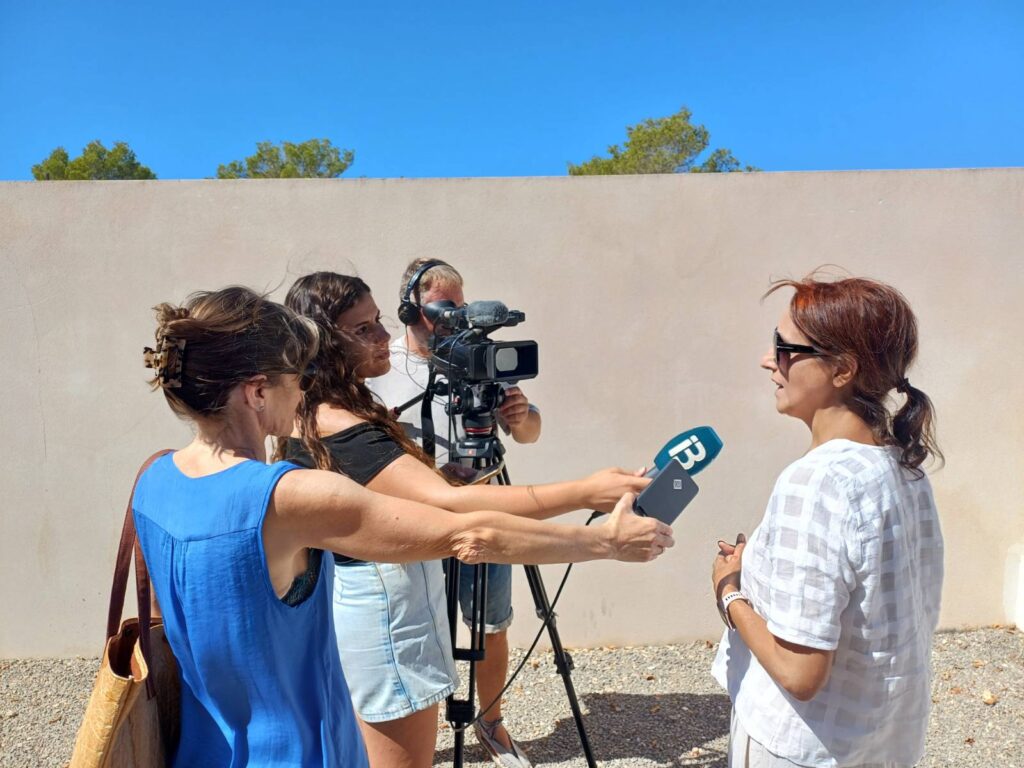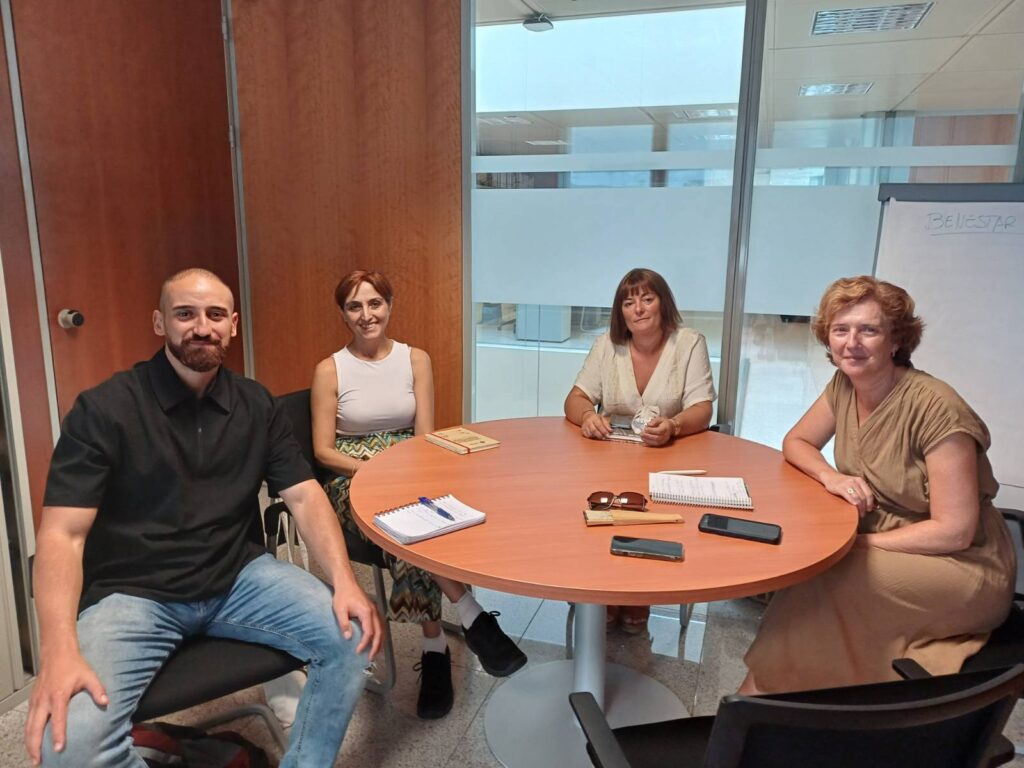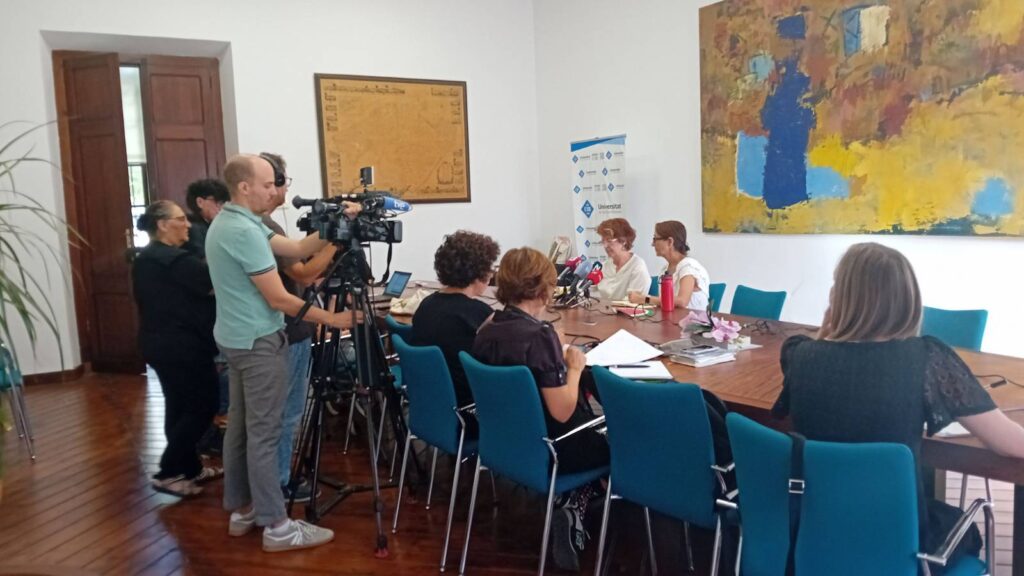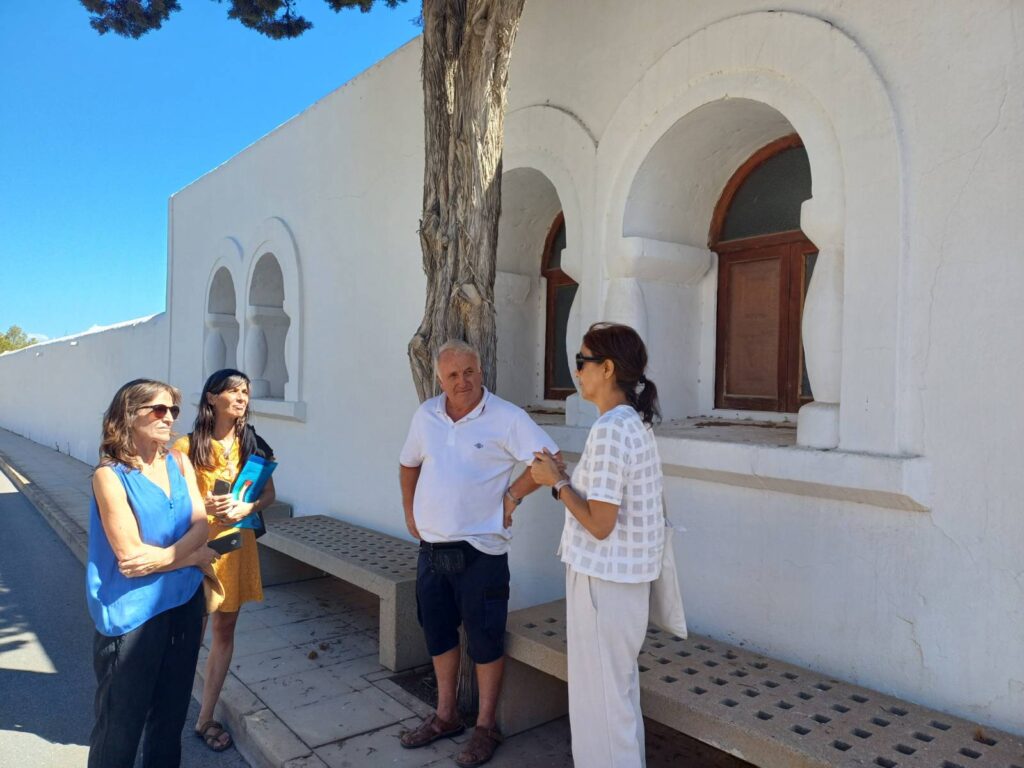Over the past few months, the Balearic Islands have become the most active migratory route in Spain, especially since last spring. At Caminando Fronteras, we are closely monitoring these changes and their impact on human rights.

Our work has focused on understanding the conditions of arrival and reception for people arriving in Ibiza, Formentera, and Mallorca. The diversity of profiles has increased, with a growing presence of people from the Horn of Africa, particularly Somalia and South Sudan. This new reality presents major challenges for the protection of human rights in the region, especially the right to asylum.
To strengthen collaboration and share information, we have held meetings with public institutions in Ibiza and Formentera, including authorities responsible for migration and child protection. Together, we have discussed the current situation and the main challenges in guaranteeing rights and dignity for all.

We also participated in the colloquium held alongside the exhibition “Històries de migracions. Eivissa i Formentera, terra de sortida i arribada”, where our colleague Maroan Fartahk reflected on the past and present of migration, underlining its human and continuous nature.
In collaboration with the University of the Balearic Islands and its Faculty of Nursing, Caminando Fronteras also contributed to the university microcredential “Care for Migrants upon Arrival”, focused on the health and support of newly arrived people. The event brought together our team, academic staff, and health professionals, including a doctor from the Canary Islands who shared best practices from that region.

At the same time, we continue to accompany the families of those who have died or disappeared along the Balearic route. In recent months, we have visited the cemeteries of Sant Josep, Sant Jordi, Sant Francesc, Sant Agustí, and Formentera, where we observed a worrying increase in the number of recovered bodies—the highest recorded so far.
These visits have revealed serious challenges in ensuring dignified burials, spaces for Muslim individuals, and the identification of unnamed graves. All of this highlights the urgent need to support families searching for their loved ones.

At Caminando Fronteras, we reaffirm our commitment to defending life, dignity, and human rights. We stand beside both those who reach our shores and the families who continue to seek those who could not.